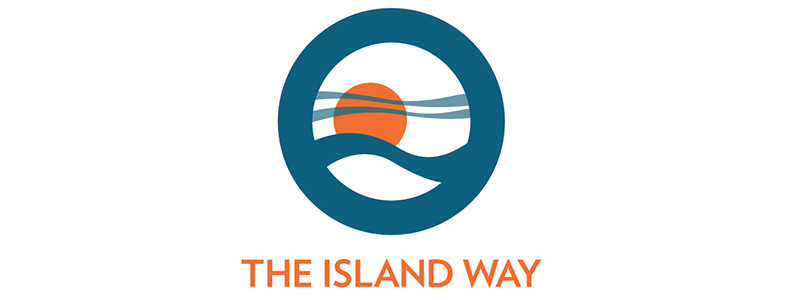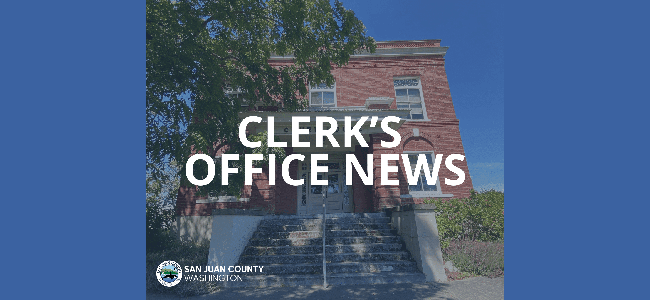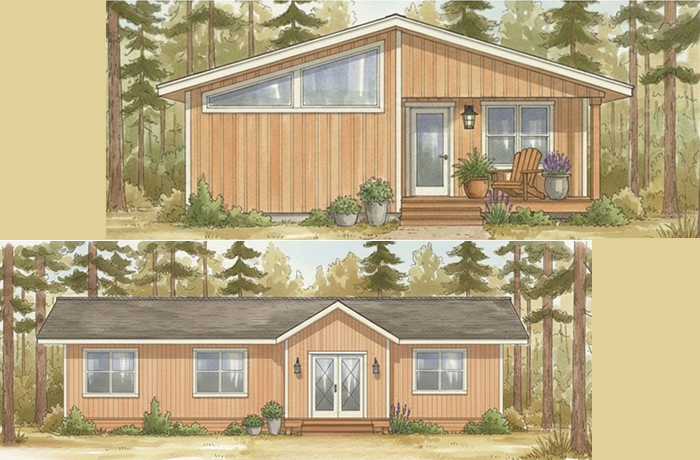||| FROM HEATHER NICHOLSON |||
This Thursday June 15, at 8:30 AM, the board meeting of our member-owned and controlled co-op utility OPALCO, is moving to rewrite policy on video recordings of meetings. They say mainly, because there’s been so minimal viewing of the recordings, that the effort is not worth it.
In fall 2021, OPALCO said recordings are generally posted after 1-2 months, a very protracted timeframe. About a dozen owner-members submitted written request for recordings to be posted promptly, noting the most recent available recording was from almost 4 months prior. OPALCO said they would post recordings within a week of each board meeting. However recordings appeared sporadically, sometimes taking months, long after material was relevant and current.
OPALCO creates and posts plenty of content on social media, including for marketing. In that October 2021 month, there are videos including of a road trip to eastern Washington and a raffle on zoom which was available immediately.
Currently the last board meeting recording available is December 2021. For board meetings, the library contains 10 recordings for the year 2021 and a Nov 2020 recording.
Without access to and transparency of the details of the business of our collectively owned co-op, and deliberation of elected directors, owners cannot assume their role or be informed. Co-ops operate under participatory democracy, owned and controlled by members at all times including of elected directors through their term of service. This is distinct and different from representative democracy.
Co-op utilities are not regulated as PUDs and investor-owned are, because they are owner-member controlled. Without access, it’s a difficult to impossible task. PUD meetings are open to the public, with well organized recordings available to all in the public. Groups, individuals and a range of government entities from across the spectrum record and share zoom videos, ranging from instantaneously to within a few days.
If our board meetings are no longer recorded, all record of the proceedings and matters will not exist. Minutes are one page, with only one-liners provided. “Discussion ensued”.
To have access and transparency of the electric co-op we own and control, our policy will need to be written to require meetings be recorded and the videos posted promptly. Notice of recordings should also be included in e-newsletters to alert the community.
If you consider this important, join and say a few words at the board meeting Thursday June 15. Starts 8:30 AM. This item is 3rd on the agenda. This is a “First Read”.
Member-owners’ rights are protected by the cooperative’s bylaws as well as state statutes. Member-owners can attend meetings, review financial data, access the membership list, propose and vote on changes to the bylaws, and call special member meetings. When a cooperative’s governance falls into disrepair and member-owners find that the co-op is in the control of self-serving managers and directors, this last tactic becomes the most important. Generally speaking, if 10% of the co-op’s membership is in the same place at the same time, there’s nothing they can’t legally do to save the co-op. They can dismiss the entire board of directors, elect a new slate, change they bylaws — whatever intervention is necessary to get the ship righted and the co-op back under member-owner democratic control.
Source: We Own It
https://weown.it/resource/
Democratic Member Control
Cooperatives are democratic organizations controlled by their members – those who buy the goods or use the services of the cooperative – who actively participate in setting policies and making decisions.
**If you are reading theOrcasonian for free, thank your fellow islanders. If you would like to support theOrcasonian CLICK HERE to set your modestly-priced, voluntary subscription. Otherwise, no worries; we’re happy to share with you.**








Thank you for the heads up, Heather.
I wonder why it is so challenging for OPALCO to record the meetings? Seems like Zoom can record meetings easily, post them to the cloud, and provide a link for access pretty easily. Maybe if they try that and post the links soon after the actual meeting, we could have a much better informed membership. Seems worth trying!
Here is the link for tomorrow’s OPALCO Board Meeting that begins at 8:30 AM.
https://opalco.zoom.us/j/83240388736?from=addon
Here is the Agenda/Information link:
https://www.opalco.com/wp-content/uploads/2023/06/June-2023-Board-Materials.pdf
The discussion about removing the requirement for recording meetings is on page 6 of 17.
I favor recording the meetings and posting the recording in a timely manner.
Let’s back up a bit here. Videos of meetings are a relatively recent convenience; they never were part of the historic bedrock of cooperative member participation or control. What is proposed is not, repeat not, a reduction in transparency.
Meetings are held at hours inconvenient for many of us, but those on the board and other members who are willing to invest the time to attend, even remotely, have always enjoyed and will continue to enjoy the historic experience of transparency and be repaid by the sense of fulfillment that comes from serving or participating in a worthy cause.
Those sufficiently interested or concerned, might consider either attending in person or by concurrent video, or if this is not practicable, asking someone else to attend, comment as needed, and report.
I’d much rather OPALCO spend time and effort recording the meetings than on the constant stream of PR they seem to have plenty of time to produce. I hope they keep recording the meetings and make the recordings available in a timely manner.
Thank you for the alert, Heather. Live-streaming of public meetings has been a great boon for our multi-island community, not only during COVID, but is now the new standard. Every official meeting of elected, and many appointed committees in San Juan County is now live-streamed, recorded and archived for later viewing. Certainly OPALCO is sufficiently tech-savvy to deal with its professed security concerns, which seem either to have addressed or assessed and dismissed by the County; and recording meetings on Zoom is ‘virtually’ automatic. As regards lack of interest, perhaps if OPALCO would post its meetings regularly in the Orcasonian as most other local boards do, there would be more participation. Even if not, one never knows when an issue or decision will come up that’s worth reviewing by interested membership. Finally, remember: our board members are elected.
The Board heard comments from co-op members and discussed the issue at length. Modifying the policy was taken off the agenda and the Board President requested staff review the issue and make any future recommendations as needed.
The last time OPALCO publicly reported (to the IRS, not its members) was 2021. That year it (we) paid the boss $607,478, an increase of 42% from just five years earlier. What are we paying him now?
The Board heard comments from co-op members and discussed the issue at length. Modifying the policy was taken off the agenda and the Board President requested staff review the issue and make any future recommendations as needed.
That is great news, Krista. Even better would be having a recording available to hear the discussion. Hope that is coming soon.
Chom Greacen gave me permission to quote her about OPALCO’s excuse that staff shortages prevent posting the meeting recordings in a timely way:
“On staff shortage and the need to have staff review the recording, I found this excuse (for not posting recordings soon after the meeting) not very convincing.
Firstly, I do not see why what is said publicly at the meeting should be screened or censored. And if there is anything sensitive that should not be recorded and posted, they normally do it in executive sessions anyway and these are not recorded.
And even if there is a need to edit out parts of what is said during the meeting (like personal details of certain members), the timing of this can be noted during the meeting so that editing this part out of the recording can be done easily, without the need for a staff to go through the entire recording later. No need to take two months to post an edited recording.”